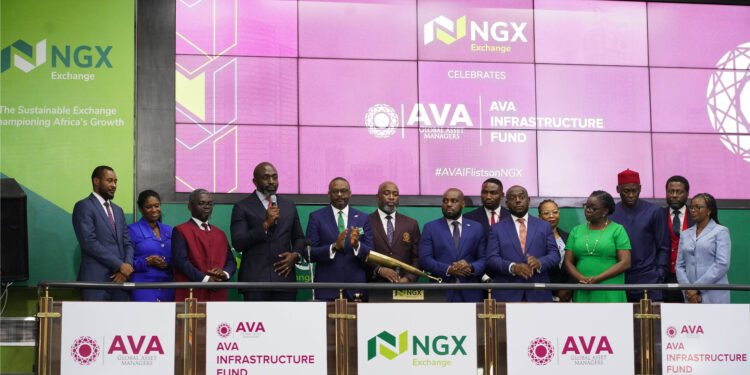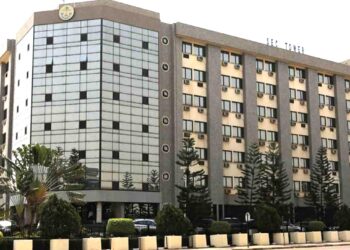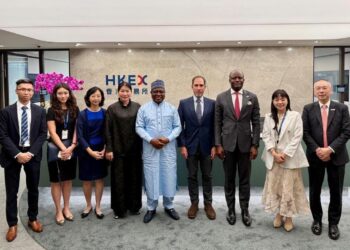I stumbled upon a clip with my brothers Kayode Fadahunsi and Efe Shaire hitting the gong at the revitalized NGX.
They were there to celebrate the listing of their revolutionary Infrastructure Fund, designed to raise about N200 billion for intervention in key investment opportunities in the oil and gas sector, telecoms, and other critical areas.
This push gladdens my heart, as it will democratize investments in that space, inject liquidity, loosen controls, and, most importantly, potentially reduce costs in essential sectors of the economy.
As I watched the clip, I saw a report that said a power company had just disconnected the prestigious Unilag for not meeting its obligations on power.
This is the issue: due to a paucity of funding, the cost of service delivery is high as replacement and maintenance schedules get rigged, leading to poor service and high costs.
This high cost drives down utilization, which dries up revenues, leading back to epileptic service.
It’s a vicious cycle of deceit that can only be broken by the infusion of low-cost, long-term debt or equity funds, and this is where infrastructure funds like Ava come in.
The infrastructure deficit in Nigeria is worse than a war situation.
Power is at best epileptic, with the National Grid collapsing more frequently than a white-garment damsel in a trance.
The road network is virtually non-existent nationwide, and the spurts of development in rail are not enough to fill the gap.
I won’t bore you with the very obvious deficiencies in infrastructure and its delivery.
The essence of this write-up, therefore, is to closely examine the positive impact this bold step by Ava has had on the sector.
A SEC-regulated entity listing a retail-based fund targeted at the investment public to pull much-needed long-term funds into a sector riddled with stagnation and policy incompetence can only be described as lion-hearted.
Kayode and Efe are long-time, thoroughbred investment bankers.
Kayode, especially, has honed his advisory skills over the years at some of the best institutions in the country.
From BGL, where I met and worked with him, to United Capital, from where he moved to set up AVA, Kayode has developed the thick skin needed to pull off this huge whale of a transaction.
Efe, also a BGL alum, brings to the table varied international experience, especially with Barclays, which positioned him as one of the most dynamic emerging next-level leaders in investment banking.
Their competence is evident in the structuring of the fund, its retail outlook, its appeal to the wholesale market/pension funds and other institutional investors, the fund’s relationship with the regulatory environment, and lastly, the marketing and relationship management structure needed to lock in and close—all of which showcase the strong skill set imbued in these two.
The country is on its knees. Reduced government revenues impacting the sector, crass inefficiency, and inept public leadership have widened the infrastructure gap to a pitiable level, which has now seriously impacted the economy.
The situation has driven up the cost of doing business, reduced living standards almost to rural levels, and impoverished the masses, driving poverty to its highest levels in peacetime.
My hope is that this Ava Fund will be fully subscribed so it can strategically begin the arduous task of unbundling inefficiency in the system and opening the space for further engagement by the investment public.
The Nigerian economy must be run within the prism of a free market, even though it must also come with buffers to support the vulnerable.
In doing so, the government must ensure a strategic and deliberate pullout but with welfare buffers systematically used to hold down pricing and the cost of delivery while allowing private sector funds like AVA to come in strategically.
It is for this reason that I boldly endorse, support, and encourage the investment public to take advantage of the fund, not only as a personal investment vehicle but also as a veritable contribution to the war against the infrastructural deficit, which is obviously the bane of our economic recovery.
Thanks.
Duke of Shomolu






















